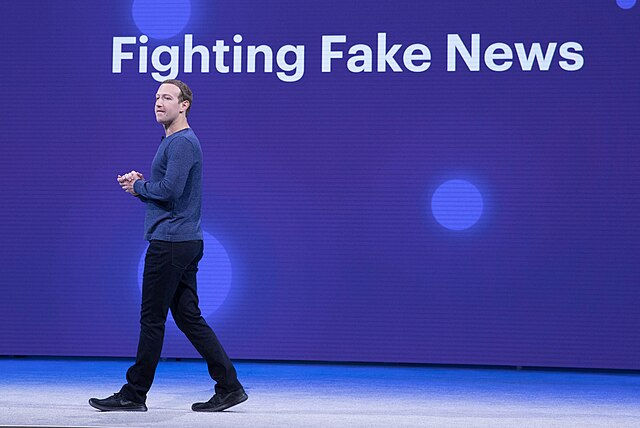How Will CEOs Respond to Trump 2.0?
- Matthew Kohut

- Nov 21, 2024
- 2 min read
Many pushed back on policies and white supremacy last time. Will this time be different?

U.S. Immigration and Customs Enforcement, 2017. Public domain, via Wikimedia.
Leaders of the US’s largest corporations were quick to offer public congratulations to President-elect Donald Trump after the election. It was a simple courtesy to start off on good footing with the incoming administration.
That was the easy part. The real question is what they’ll say once Donald Trump begins to govern again. A look back at his first term is instructive.
After the Trump administration announced a travel ban against migrants from seven predominantly Muslim countries in 2017, more than a hundred tech CEOs signed an amicus brief protesting the ban. Several also made personal statements.
Apple CEO Tim Cook drew on the background of Apple founder Steve Jobs’s birth father. “Steve was the son of an immigrant. Our company has immigrants in it that are key to the innovation of our company,” he said.
Microsoft CEO Satya Nadella contrasted his own immigrant experience, which he characterized as the fulfillment of the American dream, with the Trump policy, which he called “abusive and cruel.” He also linked his remarks to a detailed statement by Microsoft president Brad Smith that advocated for specific actions by the US government to reform the immigration system.
CEO criticisms of the President did not remain not limited to differences over policy. After Trump’s remark that there was “blame on both sides” for a white supremacist rally in Charlottesville that resulted in the death of a counter-protester, Merck CEO Kenneth Frazier announced he was leaving the administration’s American Manufacturing Council. Others followed, and the council collapsed as a result.
Nobody expects business leaders to be in lock step with any administration. Just a week after the election, Exxon CEO Darren Woods differed with Donald Trump’s position on leaving the Paris Accords. “I don’t think the stops and starts are the right thing for businesses,” Woods said. “It is extremely inefficient. It creates a lot of uncertainty.” Woods’s logic was Negotiations 101—it’s better to be at the table than on the menu—in the interest of delivering shareholder value. But it also showed a willingness to disagree publicly with an incoming President who places a premium on loyalty.
More thorny issues are already on the horizon for businesses. CEOs and their comms teams should be ready to protect employees if the new administration walks the talk on mass deportations of immigrants or new restrictions on access to health care treatments (abortion, IVF, stem cell therapies) or the civil rights of LGBTQ+ people. In the current environment, a lot of teams will likely focus on managing these challenges internally. It remains to be seen if pressure will build for corporate leaders to respond externally as well.
Note: a couple points above were quoted by Axios—here’s their full story.



Comments